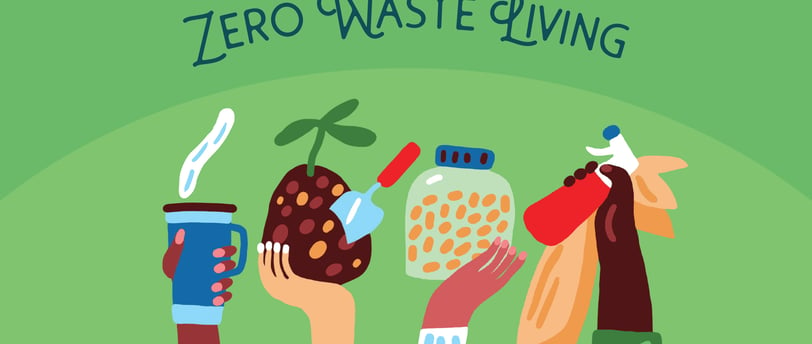Managing Food Waste in Supply Chains: A Crucial Strategy for Modern Food Businesses
Food waste is a significant issue in the global food supply chain, impacting the environment, economy, and society. As a food business, staying updated on strategies to manage and reduce food waste is not only a responsibility but also a competitive advantage. Here's why managing food waste is essential and how businesses can effectively address this challenge.
Felipe Saint-Martin
8/16/20242 min read


Food waste is a significant issue in the global food supply chain, impacting the environment, economy, and society. As a food business, staying updated on strategies to manage and reduce food waste is not only a responsibility but also a competitive advantage. Here's why managing food waste is essential and how businesses can effectively address this challenge.
Importance of Managing Food Waste
Environmental Impact: Food waste contributes significantly to greenhouse gas emissions. When food is wasted, the resources used in its production, such as water, energy, and labor, are also squandered. Additionally, food waste in landfills generates methane, a potent greenhouse gas.
Economic Benefits: Reducing food waste can lead to substantial cost savings. For instance, grocery retailers can increase their net income by addressing food waste through improved demand forecasting and inventory management. Restaurants have also found financial benefits, saving $7 for every $1 invested in food waste reduction programs.
Social Responsibility: With a significant portion of the global population facing food insecurity, reducing food waste can help redirect resources to those in need. It also aligns with consumer expectations for sustainable business practices.
Technological Tools for Managing Food Waste
Modern technology offers numerous tools to help businesses manage and reduce food waste effectively:
Artificial Intelligence (AI): AI can optimize supply and demand forecasting by analyzing vast amounts of data. AI systems like Winnow and Leanpath help businesses track and analyze food waste, providing actionable insights to reduce waste. These systems can identify patterns and trends that humans might overlook, leading to more precise decision-making.
Internet of Things (IoT): IoT devices are used to monitor food storage conditions, such as temperature and humidity, to extend the shelf life of perishable goods. Smart kitchens use IoT to manage inventory and track waste, ensuring food is prepared efficiently with minimal waste.
Blockchain Technology: Blockchain provides transparency and traceability in the food supply chain. It helps reduce waste by offering accurate information about the origin, handling, and freshness of food items, allowing businesses to make informed purchasing decisions.
Food Waste Management Software: Platforms like ISB Global and Wasteless use AI to help businesses track, monitor, and analyze food waste. These tools enable organizations to identify areas of improvement and set food waste reduction goals and strategies.
Waste-to-Energy Technologies: Technologies such as anaerobic digestion transform organic waste into renewable energy sources like biogas, reducing the amount of waste sent to landfills and providing a sustainable energy solution.
Strategies for Reducing Food Waste in Supply Chains
Improved Inventory Management: Regularly evaluating inventory and adjusting orders can prevent surplus and ensure that food is used efficiently. Implementing technology for tracking freshness and expiration dates can help manage stock more effectively.
Enhanced Storage and Transportation: Proper handling during storage and transportation can minimize spoilage. Utilizing technology to monitor conditions such as temperature and humidity can extend the shelf life of perishable goods.
Consumer Education: Educating consumers about proper food storage and the significance of date labels can reduce waste at the retail and household levels. Retailers can also provide meal planning tips and storage advice to help consumers use food more efficiently.
Partnerships and Policy Advocacy: Collaborating with governments and NGOs to support food waste reduction policies, such as organic waste bans and standardized date labeling, can create a broader impact. Businesses can also participate in initiatives like Food Waste Prevention Week to raise awareness.
By implementing these strategies and leveraging modern technologies, food businesses can not only reduce their environmental footprint but also enhance their operational efficiency and brand reputation. Managing food waste is not just a trend but a critical component of a sustainable and profitable business model.
